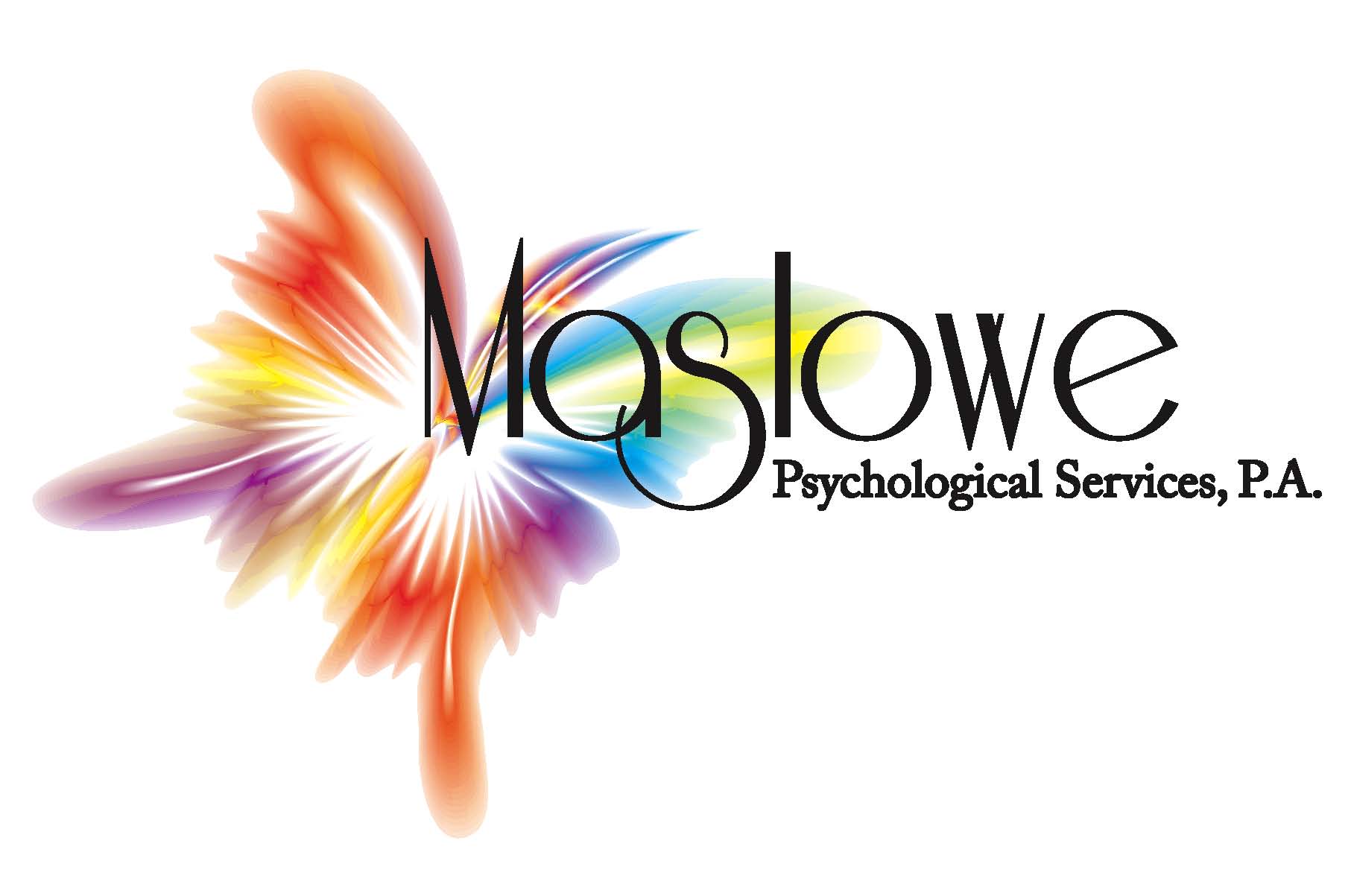Why Assuming the Worst Feels Safer (and How to Shift It)

For the overthinkers, the tender-hearted, and the ones trying to unlearn fear.
You likely know someone who always gives people the benefit of the doubt. They assume good intent, they believe things will work out, and they seem to float through conflict like a leaf on a stream.
And then there’s a lot of us, sitting in overanalysis, rereading the text three times, wondering if we did something wrong or if that silence meant something more.
If you’ve ever found yourself struggling to assume the best in people, or even in yourself, you’re not alone. And you’re not broken.
Let’s talk about why this happens, and what it might be trying to protect.
The Nervous System Doesn’t Like Surprises
From a biological perspective, your brain is wired to keep you safe, not necessarily happy. Our ancestors survived by noticing what could go wrong: the rustle in the bushes, the change in tone, the subtle shift in someone’s expression. This is what we call negativity bias, the tendency to scan for danger rather than ease.
So, if your default is to assume the worst before the best, there’s a good chance your system is simply trying to help you avoid harm. It may be working overtime to anticipate rejection, betrayal, or letdown before you have to feel the sting of it.
When Experience Teaches Us to Brace
If you grew up in an environment where safety wasn’t a given, emotionally or physically, assuming positive intent might feel naive or even unsafe. If people said one thing and did another… if love came with conditions… if conflict felt dangerous… then trust likely got wired into your system as something to manage, not relax into.
Maybe you’ve learned to double check everything. To anticipate being let down. To notice what’s off before getting your hopes up. And that makes sense. That’s what your system was taught.
But survival skills don’t always translate well into everyday relationships. What kept you safe in the past might be the very thing making connection harder now.
The Beliefs We Carry
We all carry internal scripts (core beliefs) that shape how we interpret the world. Some common ones for people who struggle to assume the positive:
- “If I don’t stay on guard, I’ll get hurt.”
- “People always leave.”
- “Nothing good lasts.”
- “I must have done something wrong.”
These beliefs aren’t chosen; they’re learned. And until we bring them into the light, they tend to run the show quietly in the background.
So What Do We Do?
If you recognize yourself in any of this, here’s what I want you to know:
There’s nothing wrong with you.
This isn’t about “just being more positive.” This is about honoring the parts of you that had to learn how to be cautious, while also gently inviting in new possibilities.
Personally, this is something I’ve had to work on too.
There are times when my automatic thoughts or my nervous system feel really loud, ready to assume I’ve done something wrong, that someone’s upset, or that I’ve missed something. It’s not always easy to assume the best. Sometimes it takes real effort to pause, notice what story I’m telling myself, and support my system in settling before I can even consider that maybe… just maybe… everything’s not only okay, but I’m actually safe, cared for, and capable of navigating this without needing to activate my stress response.
One of the things that’s helped me the most is gently reflecting on moments when I assumed the worst, and it turned out not to be true. The friend who didn’t text back wasn’t upset, they were overwhelmed. The email that felt cold wasn’t a rejection, it was just short. Over time, those reflections have created space for more curiosity. More breath. More grace.
Another big shift? Decentering myself.
It sounds simple, but it’s powerful: reminding myself that other people’s behaviors often have nothing to do with me. That silence might not mean disconnection. That short response might not mean rejection. That shift in tone might be their stress, not my mistake. It’s a soft but strong kind of humility, one that invites us to stop making ourselves the main character in every interpretation.
As Don Miguel Ruiz so beautifully wrote in The Four Agreements:
“Don’t take anything personally. Nothing others do is because of you. What others say and do is a projection of their own reality…”
That doesn’t mean we don’t matter. It just means we’re allowed to stop carrying what was never ours to begin with.
A Note of Hope
Assuming the best doesn’t mean ignoring red flags or being naive. It means creating space for connection, for presence, and for the possibility that you’re safe here, right now in this moment.
It’s okay if it doesn’t come naturally yet.
You’re re-learning something that maybe no one taught you:
That trust can be safe.
That love can be steady.
That good things can last.
One gentle breath at a time.
When You’re Ready: A Few Gentle Shifts to Try
Choose one that resonates or explore all three over time. There’s no rush.
1. The “What Else Could Be True?” Practice
Next time you catch yourself assuming the worst, pause.
Take a breath and ask:
- What story am I telling myself right now?
- What else could be true?
- What would it feel like to hold a softer possibility, even just for a moment?
You don’t have to believe it fully, just make space for it.
2. The “Proof of Safety” Reflection
At the end of the day (or week), write down 2–3 moments when your assumption turned out to be more fearful than true.
- A time you thought someone was upset but they weren’t.
- A time you assumed judgment but were met with care.
Over time, this creates a more accurate picture of reality and gives your nervous system real evidence to soften.
3. Hand to Heart Grounding + Mantra
Place one hand on your heart, the other on your belly. Take a slow breath. Then say to yourself:
“I am safe in this moment. I don’t have to know everything to be okay. I can rest here.”
Let it land. Repeat as needed, especially in moments of overthinking or tension.
Until next time, stay soft, stay steady, and stay you.
With love, Kat

